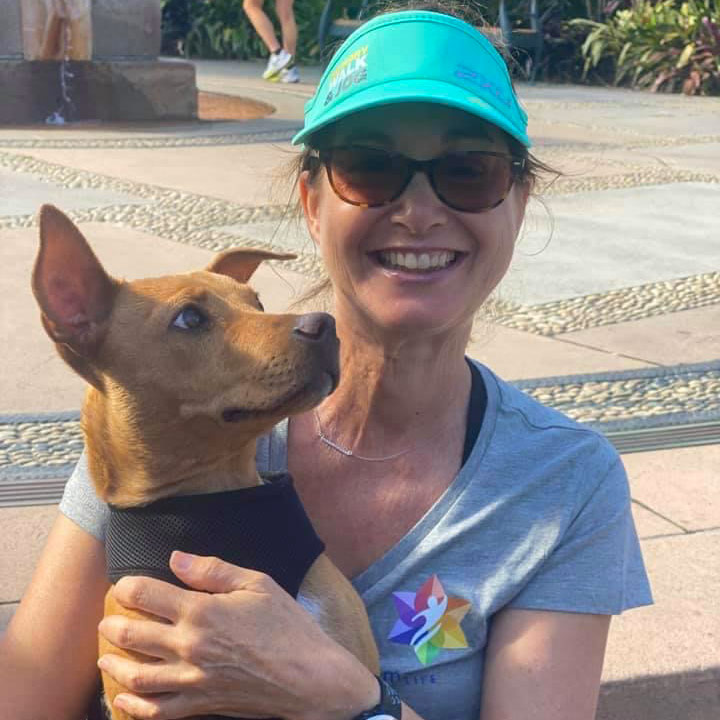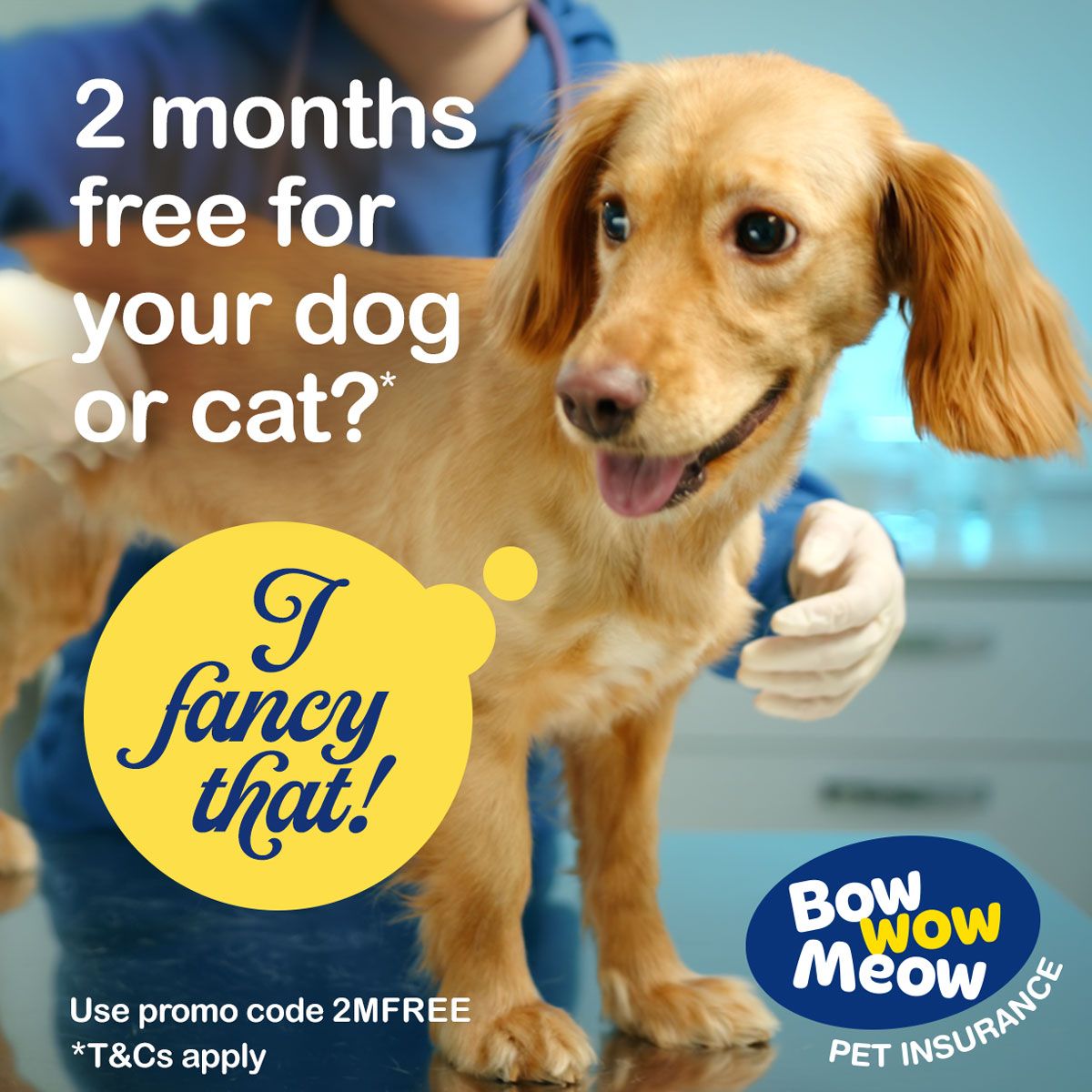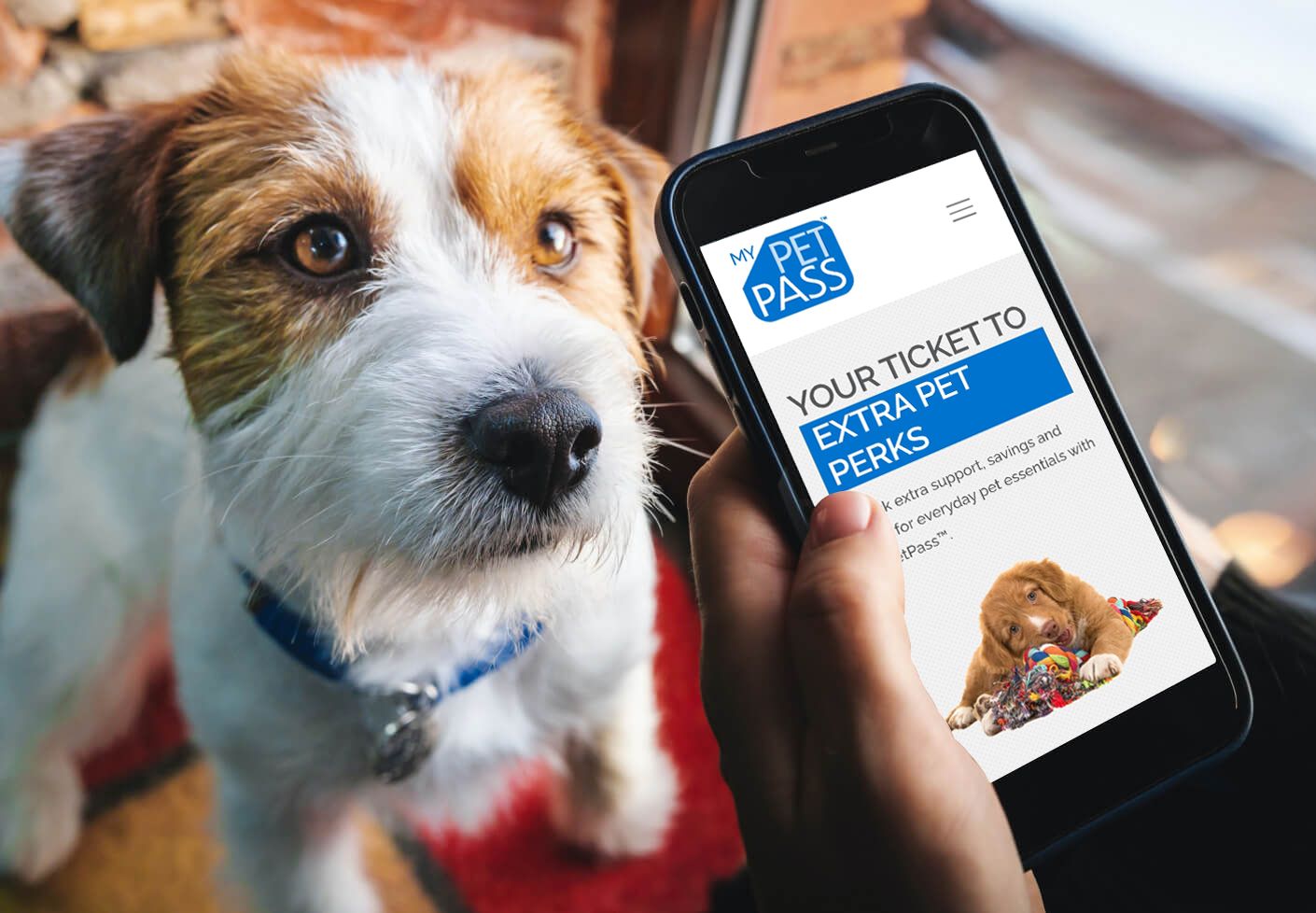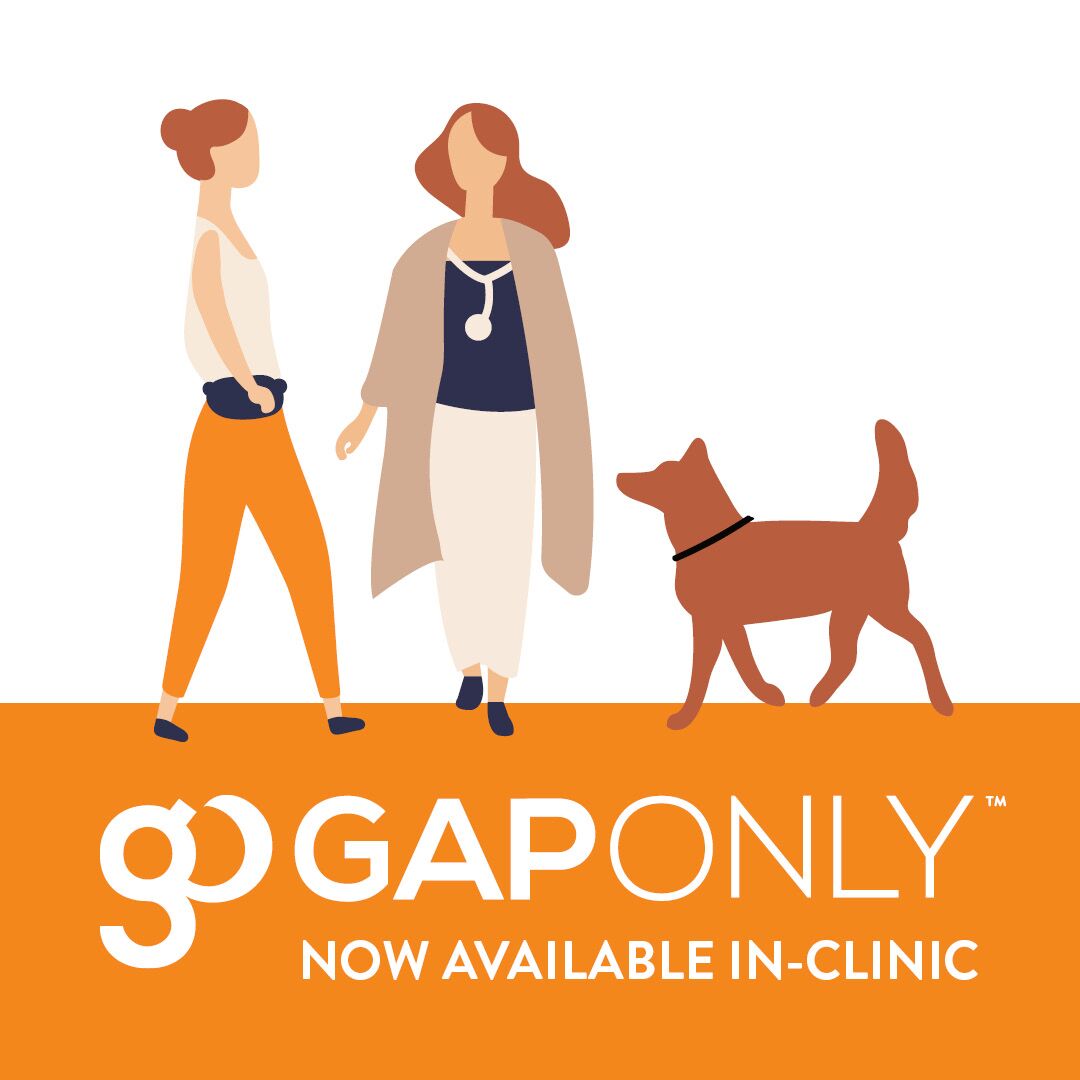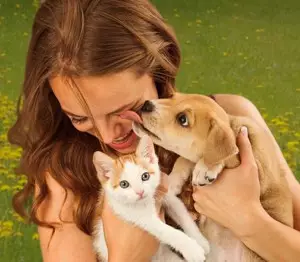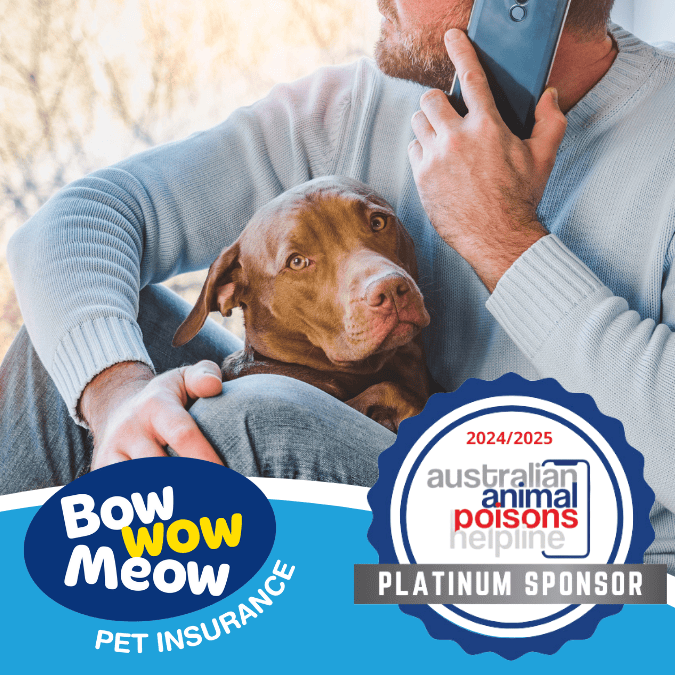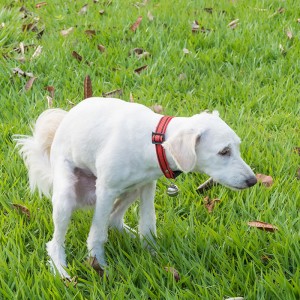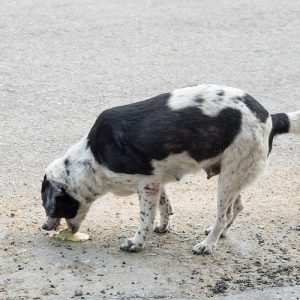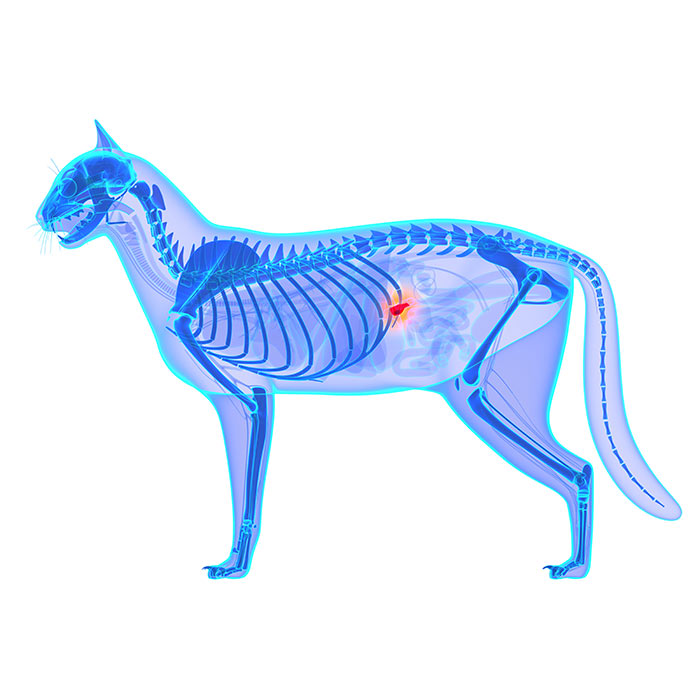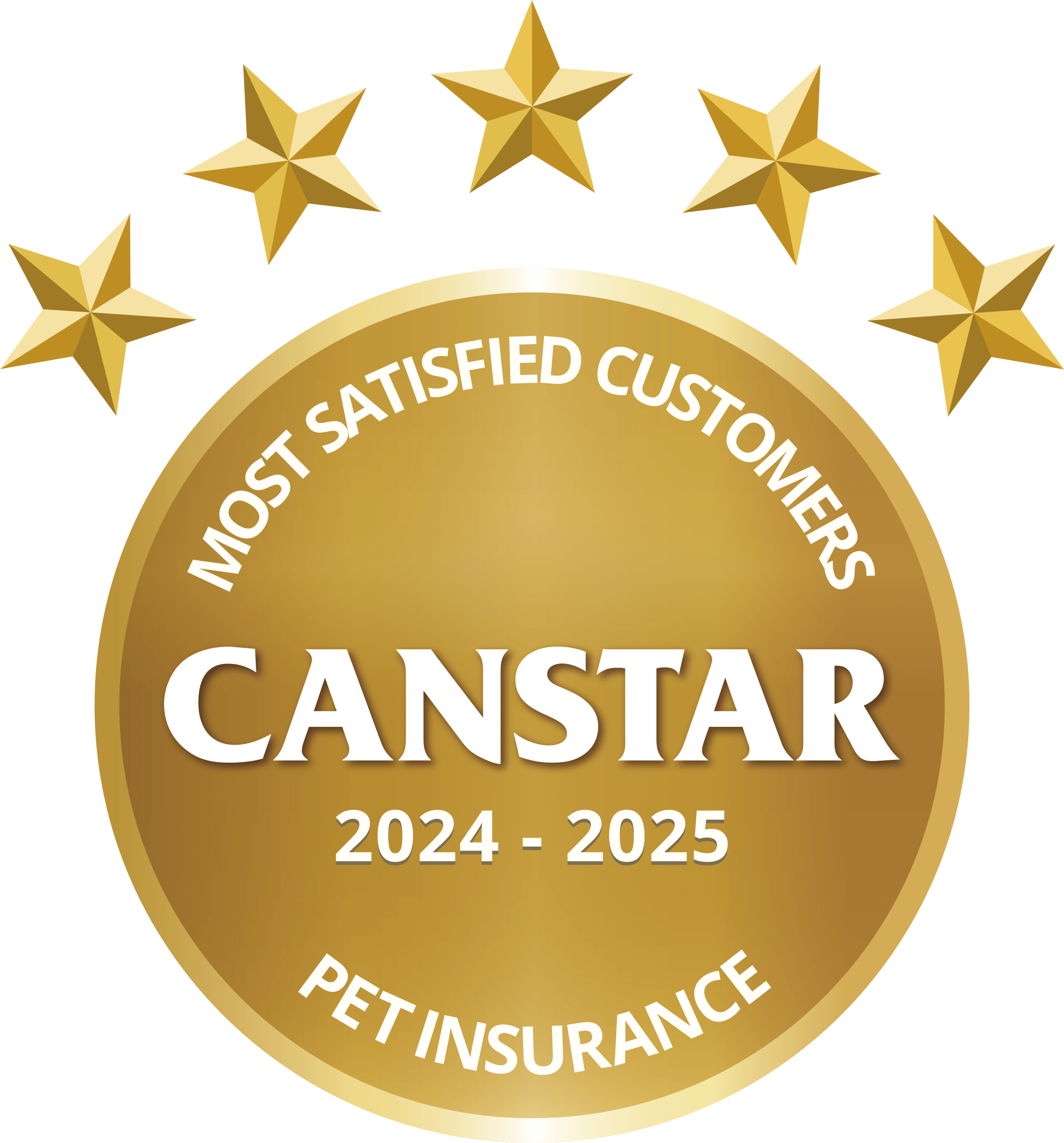Kitty tummy troubles? A cat owner’s guide to gastro
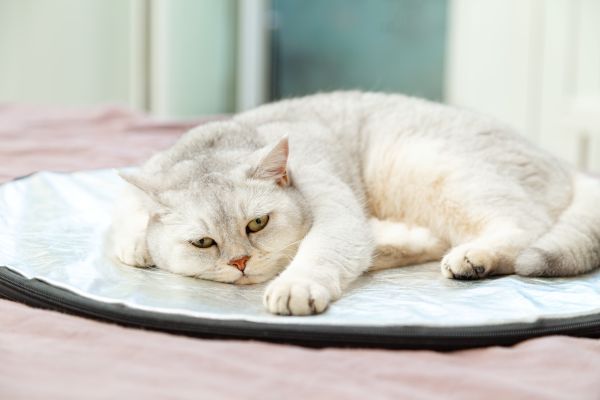
It’s a cat-astrophy that many cat parents have experienced at least once – the dreaded tummy troubles and accompanying puddles of poo or spew to deal with. Of course, if your usually curious, playful kitty suddenly becomes lethargic, refuses food, or makes endless trips to the litter tray, it is also very worrying.
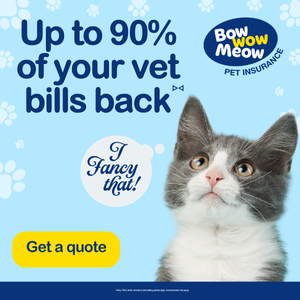 One likely culprit is gastroenteritis, an inflammation of the stomach and intestines that can make your kitty feel very unwell, very quickly (and leave the human who has to clean up after them feeling miserable too!)
One likely culprit is gastroenteritis, an inflammation of the stomach and intestines that can make your kitty feel very unwell, very quickly (and leave the human who has to clean up after them feeling miserable too!)
The good news is that most cases resolve with prompt care. A little knowledge of the signs, causes, and treatments can help ensure the health and wellbeing of your furry family member (not to mention your delight at being to pick up – not mop up – after your feline!)
Symptoms of gastroenteritis in cats
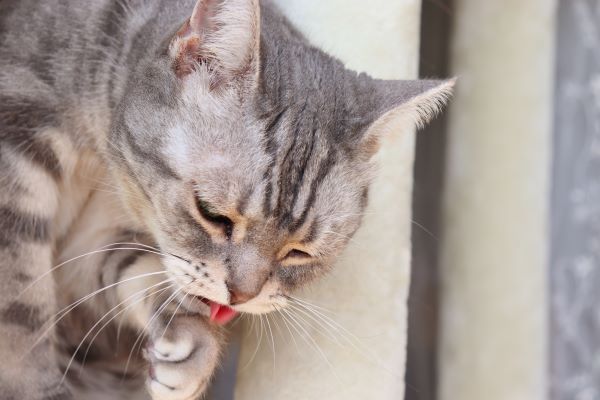
You can’t confirm gastroenteritis at home with 100% certainty, but you can suspect it based on certain symptoms. Gastro affects the stomach and intestines, so most symptoms involve digestive upset. Cats are experts at hiding discomfort, so look out for subtle changes.
Signs of gastroenteritis in cats often develop quickly and may include:
-
Loss of appetite or refusing favourite foods
-
Lethargy or hiding more than usual
-
Abdominal pain or bloating
- Fever (in infectious cases)
- Reduced grooming
- Onset of dehydration (dry gums, sunken eyes, less skin elasticity)
When to call the vet
You should seek veterinary advice if your cat has repeated or severe vomiting or diarrhoea, shows signs of pain, lethargy or distress, refuses food or water for more than 24 hours, has blood in their vomit or stools, or is a kitten, senior or has existing health conditions. Any sudden, bloody diarrhoea with lethargy is an emergency — call your vet immediately.
Unsure how serious it is?
Bow Wow Meow policyholders can get access to trusted vet care anytime, anywhere, at no additional cost. Connect to an experienced Australian registered vet via video call, 24/7. Whether it’s providing vet advice, setting up at-home treatment plans, or confirming if you need to visit a vet in person, you can get help when you need it.
Find out more about our pet insurance cover options.
Causes of gastroenteritis in cats – from bin raids to bad bacteria
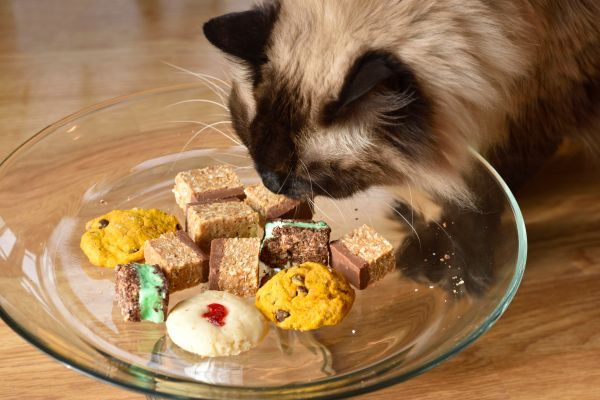
Gastroenteritis in cats can occur for many reasons, ranging from something as simple as eating spoiled food to more serious infections or underlying health conditions.
Here are some of the key reasons why cats develop this condition:
-
Dietary indiscretion – eating spoiled food, garbage, and certain human foods.
-
Foreign objects – Non-food items like furballs, plants or string can irritate the gut.
-
Dietary changes or intolerances – a sudden switch in diet or food allergies can upset digestion.
-
Infections – viral (like feline panleukopenia), bacterial ( Salmonella, E. coli), or parasitic (e.g., roundworms, giardia) infections are common culprits.
-
Toxins or poisons – ingesting poisonous plants, medications, cleaning products, or human foods (like onions or chocolate) can cause severe irritation.
-
Stress – cats are highly sensitive to stress, and changes in routine or environment can trigger gastrointestinal upset.
-
Underlying diseases – conditions such as kidney disease, pancreatitis, or inflammatory bowel disease may present with similar symptoms.
How common is gastro in cats?
According to PetSure claims dataØ, in 2024 gastroenteritis was the most claimed condition in cats. It affects felines of all ages, but is more prevalent in kittens and senior cats.
Diagnosis of gastroenteritis in cats
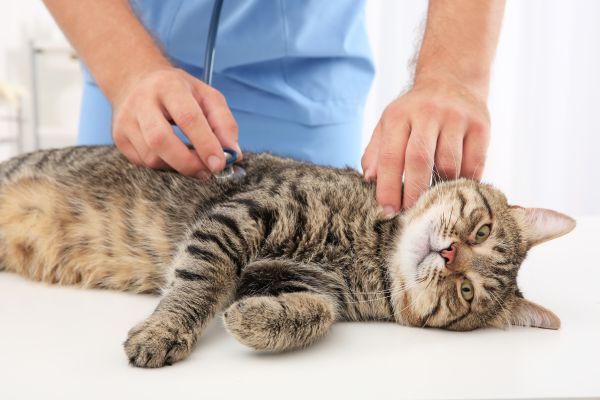
How do you know that your kitty has gastro? You may suspect it from the symptoms, but you can’t know for sure unless you visit the vet. To confirm it’s gastro and rule out other underlying conditions, your vet may conduct some diagnostic tests, including:
Physical exam and history
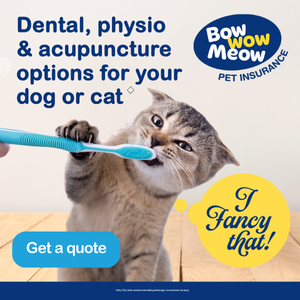 Because gastroenteritis can be caused by many different factors, your vet will start with a physical examination, which may include checking hydration, abdominal pain, temperature, and overall condition.
Because gastroenteritis can be caused by many different factors, your vet will start with a physical examination, which may include checking hydration, abdominal pain, temperature, and overall condition.
The vet will also take a detailed history of your cat’s recent diet, environment, and symptoms. This helps identify potential triggers, such as sudden dietary or environmental changes, scavenging, or toxin exposure.
Other diagnostic tests
Your vet may recommend one or more of the following tests to help identify the cause of the problem:
- Blood tests – to assess organ function, hydration levels, and detect signs of infection or inflammation.
- Urinalysis – to assess kidney function and help to rule out other conditions, such as kidney disease, that can mimic gastroenteritis symptoms.
- Stool sample – to identify the presence of parasites, bacterial overgrowth, or evidence of an infection.
- Imaging techniques (X-rays or ultrasound) – these are used if a foreign object, blockage, or more serious underlying condition is suspected; they can also help detect abnormalities in the gastrointestinal tract.
- Endoscopy – allows visual examination of the GI tract and, in some cases, biopsy collection to investigate chronic or severe cases and to retrieve some foreign bodies.
Are some breeds more likely to get gastro than others?
According to PetSure claims dataØ, in 2024 gastro occurred more often in Siberians, Devon Rexes and Russian Blues than in other breeds.
Treatment of gastroenteritis in cats
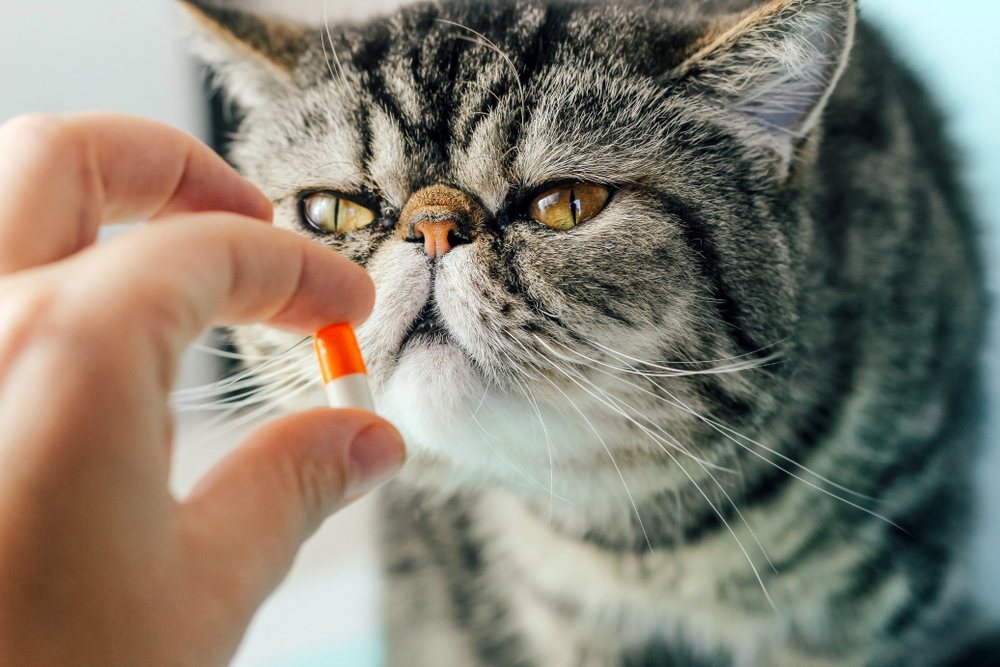
The treatment plan depends on the severity of symptoms and underlying cause, but the main goal is to restore hydration, ease discomfort, and allow the digestive system to recover.
Initial treatment usually focuses on stabilizing the cat:
- Withholding food temporarily – followed by a bland, easily digestible diet (under veterinary advice).
-
Fluid therapy to treat or prevent dehydration and electrolyte imbalances.
-
Antiemetics to reduce vomiting.
-
Probiotics to support gut health and restore balance.
Once the underlying cause is identified:
-
Parasites are treated with appropriate antiparasitic medications.
-
Bacterial infections may require antibiotics, though many mild cases resolve with supportive care
-
Underlying diseases are treated appropriately (e.g. kidney disease or pancreatitis).
-
Foreign bodies or obstructions may require surgical removal.
How much does treatment for gastro cost?
Treatment costsØ have climbed, averaging $735 in 2024, up from $623 in 2022. Severe cases can cost significantly more, with the highest cost for treatment in 2024 reaching as much as $26,987.
What you can do at home
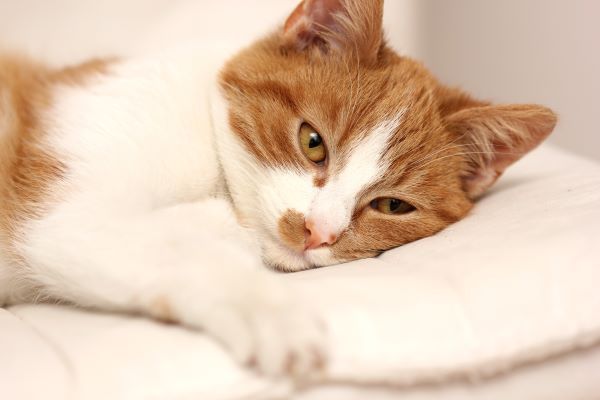
Here are some things that you can do to help your cat recover and make them more comfortable:
-
Offer fresh water at all times to prevent dehydration
-
Feed only what your vet recommends (usually a bland or prescription diet)
-
Monitor your cat closely for signs of improvement or worsening symptoms
-
Keep your cat indoors and away from stressors until they recover
-
Give medications as instructed by your vet
How long does gastro in cats last?
How long gastro lasts depends on the cause, your cat’s overall health, and how quickly treatment begins.
-
Mild cases – 24 to 48 hours with supportive care
These are often caused by minor dietary upsets or mild stress. With rest, plenty of fresh water, and a bland diet, your cat may bounce back within a day or two. You might notice them slowly regaining their appetite, grooming more, and becoming more social again. -
Moderate cases – 3 to 5 days with veterinary treatment
If there’s infection, parasites, or more pronounced inflammation, symptoms can last several days even after treatment starts. During this time, your cat may need medications, fluids, and a carefully managed diet. You should see steady improvement each day, but energy levels may take a little longer to return to normal. -
Severe or complicated cases – a week or more, often requiring hospitalisation
These may be linked to serious illnesses such as feline panleukopenia, pancreatitis, intestinal blockages, or advanced IBD. Intensive care, IV fluids, and round-the-clock monitoring might be necessary. Recovery is slower and may involve ongoing management once your cat is home.
Even after the worst is over, it’s normal for your cat to be quieter or eat more cautiously for a few days. If there’s no improvement within the expected timeframe, or if symptoms worsen, book a follow-up vet check.
Is it acute or chronic?
Acute gastroenteritis is a sudden-onset condition and is often caused by eating harmful items (e.g. table scraps or garbage), infections such as parvovirus or protozoa infestation (e.g., Giardia), or even stress.
Chronic gastroenteritis develops over time and is typically triggered by food allergies, underlying diseases, or persistent exposure to stressors.
Preventing gastroenteritis in cats
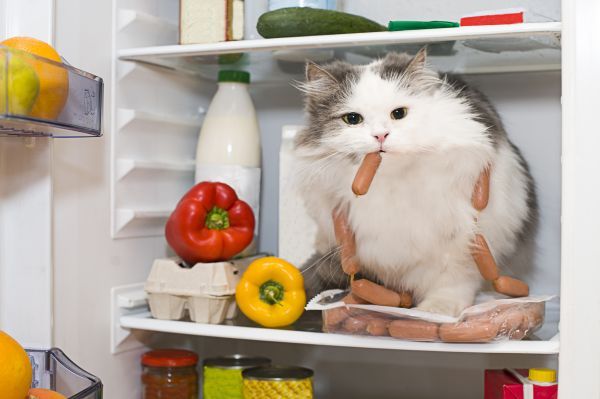
While gastroenteritis can’t always be prevented, there are several steps you can take to reduce your cat’s risk:
- Feed a complete and balanced diet suitable for your cat’s age and health
-
Transition gradually to a new type of food over 7 to 10 days
-
Keep your cat indoors or supervise outdoor time to avoid scavenging
-
Ensure your cat doesn’t have access to toxins, medications or human foods
-
Provide routine parasite control and regular veterinary check-ups
-
Keep their environment calm, especially during times of change or stress
-
Ensure they are up to date with vaccinations
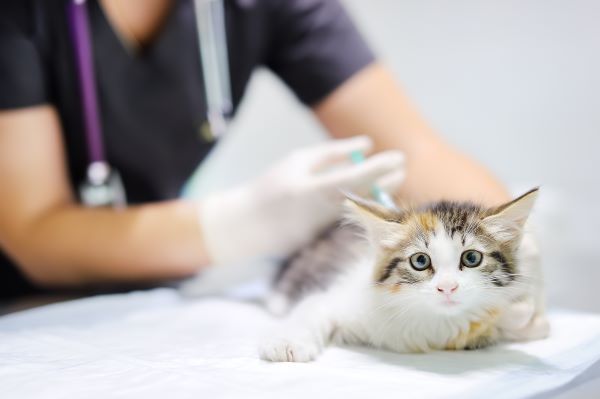
In summary…
Gastroenteritis in cats refers to inflammation of the stomach and intestines. This condition can cause vomiting, diarrhoea or both, and is often accompanied by abdominal discomfort, lethargy and a loss of appetite.
While most cases are mild and resolve with prompt treatment, gastroenteritis can sometimes indicate a more serious underlying problem, especially if symptoms are severe or persist. If your cat is showing signs of gastroenteritis, it’s important to monitor them closely and consult your vet for advice. Quick action and the right care usually mean a fast recovery — and a return to purring, playing, and poos that are far easier to clean up!
Bow Wow Meow Pet Insurance can help protect you and your cat should an unexpected trip to the vet occur.
-
Find out more about our cat insurance options
-
Get an online pet insurance quote
Bow Wow Meow is proud to have been awarded winner of Canstar’s ‘Most Satisfied Customers’ Award in the Pet Insurance category for both 2024 and 2025!
Bow Wow Meow is proud to have been chosen as Product Review’s Pet Insurance Award Winner every year from 2018 to 2025! This is based on 2,995 independent customer reviews (as at 21/01/2025), with an overall rating of 4.3*
Google Review rating = 4.5* (based on 968 reviews)
Trust Pilot rating = 4.6* (based on 531 reviews)
Bow Wow Meow is proud to have been chosen as Product Review’s Pet Insurance Award Winner every year from 2018 to 2025! This is based on 2,995 independent customer reviews (as at 21/01/2025), with an overall rating of 4.3*
Google Review rating = 4.5* (based on 968 reviews)
Trust Pilot rating = 4.6* (based on 531 reviews)
Bow Wow Meow has been chosen as a winner in the Finder Pet Insurance Awards 2024. Finder’s panel of experts analysed over 140 quotes to award our Ultimate Care Plan the winner of the “Pet Insurance – Value” category.
∅Based on PetSure claims data, 2024 calendar year. Reimbursement for these claims under a pet insurance policy, would be subject to limits, such as annual benefit limits or sub-limits, benefit percentage, applicable waiting periods and any applicable excess. Cover is subject to the policy terms and conditions. You should consider the relevant Product Disclosure Statement or policy wording available from the relevant provider. Please note that values calculated are based on all claims for that condition and medically related conditions in each calendar year.

